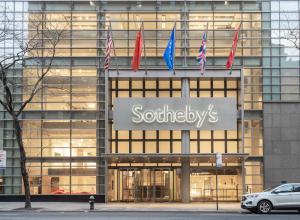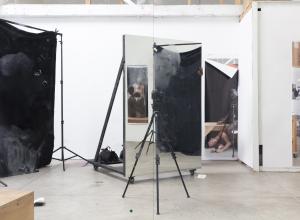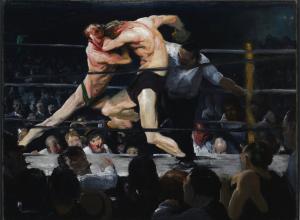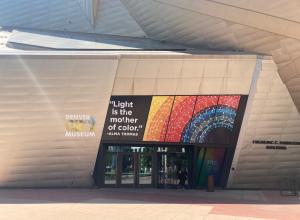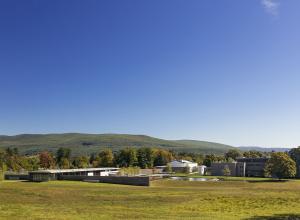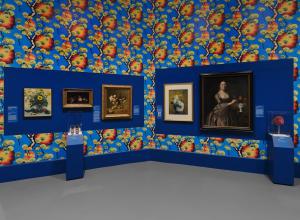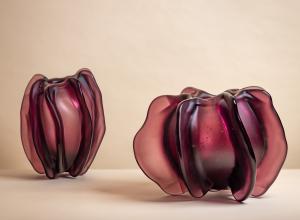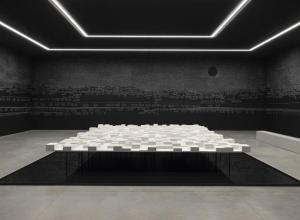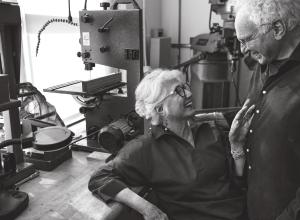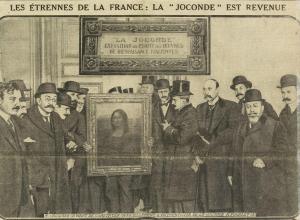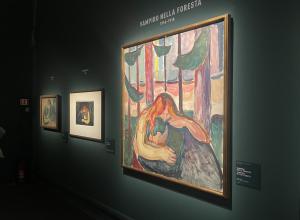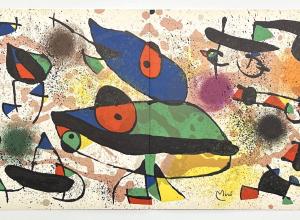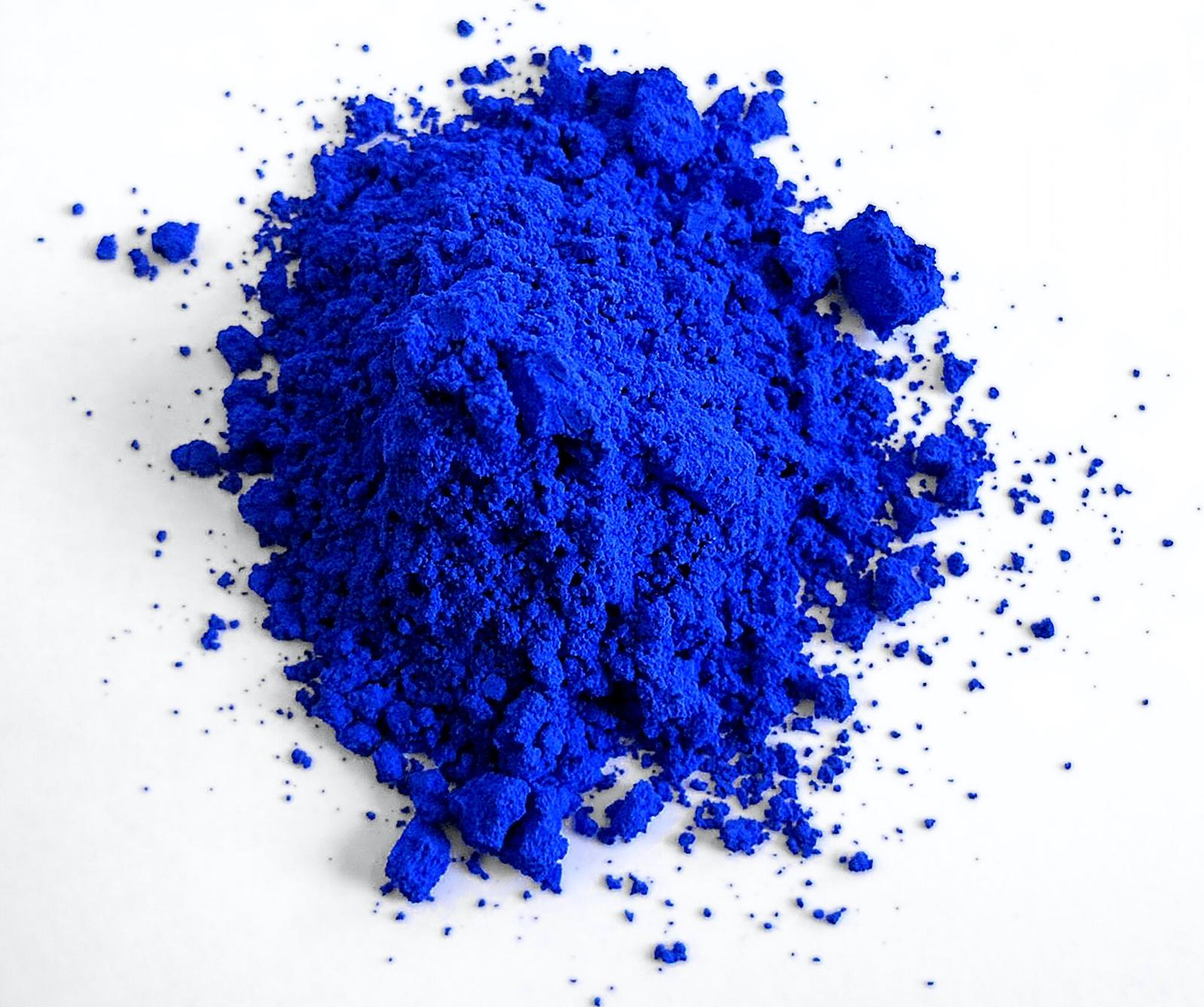
YInMn Blue as synthesized in the laboratory, 2016, Photograph.
A so-called new shade of blue, YInMn Blue has caused a great deal of buzz this week as it finally becomes available to consumers. The shade was first discovered in 2009, in an Oregon State University lab, by chemist Mas Subramanian and his team.
The event was happenstance—the result of experimentation with rare earth elements and semiconductors. Professor Mas Subramanian has since shifted his focus to pigments. Now, his primary goal is to find a new red.
Though the concept of a new color is a bit puzzling to many—understandably, with the digital color picking tools we now have access to—the excitement-inducing innovation of the shade lies in its physical properties. More specifically, YInMn Blue’s high opacity and rare hyper-spectral properties have proved attractive to arts-focused and industrial clients alike.
The hyper-spectral properties essentially allow the color to reflect most infrared radiation which keeps the color cool. Shepard Color, a producer of industrial pigments, has spoken to other news outlets about how suited YInMn Blue is to environmental regulations. For example, the pigment could help save energy if applied to building exteriors in certain climates.
The high opacity of the shade speaks to the art world. This property facilitates easy, full coverage but it also makes YInMn Blue remarkably vivid. And, apparently, this vibrant quality is not diminished by mixing. This detail in particular has really got artists itching to get their hands on it.
When it comes to mixing paints specifically, certain shades of blue are better suited for mixing with yellow to create green while others are best for mixing with red to create purple. If one attempts color-creation with the wrong blue pigment, the results are shockingly muddy and disappointing. YInMn Blue does not have this problem and that is the big reason people are so eager to try it out.

YInMn Blue Pellets
As such, the price of YInMn Blue, also known as Oregon Blue and Mas Blue, is skyrocketing—reportedly six times the sticker price of some retailers’ second most expensive paint. The high price point is not likely to change anytime soon as quantities are still incredibly limited.
Watch Professor Mas Subramanian discuss his discovery in the video below:




